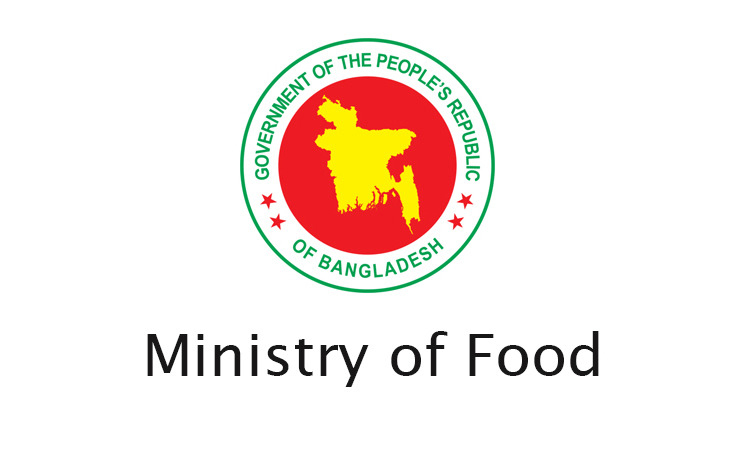News Flash

Mostak Ahmed
DHAKA, Aug 7, 2025 (BSS) - The country has secured its food security with over 21 lakh Metric Tons (MTs) of food grains in public godowns, a milestone achieved within a year of the interim government's administration.
According to the Ministry of Food, the country has ample stocks to prevent any potential food crisis, with a total of 21.31 lakh MTs of food grains, including rice and wheat, currently in reserve.
Besides, the government plans to import an extra 5 lakh MTs of rice and 4 lakh MTs of wheat by December to bolster the stock further.
In the fiscal year 2024-25, the government procured 5.35 lakh MTs of paddy and 19.67 lakh MTs of rice. This represents an increase of 2.61 lakh MTs in paddy procurement and a rise of approximately 2.22 lakh MTs in rice procurement compared to the previous fiscal year.
The government also distributed 33.05 lakh MTs of food grains in FY25, a 44,000 MTs increase over the previous year.
Food Adviser Ali Imam Majumder emphasized that the country has sufficient reserves to safeguard against any food shortages.
"The government has a sufficient stock of food grains. Imports are being made to compensate for the damage caused to Aman paddy by last floods. Additionally, the country is witnessing a bumper Boro rice harvest, particularly in the haor regions," he said.
The Ministry of Food sources said that the country's food grain storage capacity stood at 23.41 lakh MTs for the fiscal year 2024-25.
With the ongoing construction of four modern silos in Madhupur, Barisal, Mymensingh and Narayanganj, the capacity is expected to rise to 23.88 lakh MTs. By December 2025, the government aims to expand storage capacity to 26.84 lakh MTs.
The government is also stepping up efforts to boost domestic procurement, with plans to procure 2 lakh MTs of rice and pulses through agreements and a local target of around 5.5 lakh MTs of rice.
Officials are optimistic about meeting these targets and receiving imported rice and wheat already in the pipeline.
Despite challenges in land availability for food grain production, officials remain hopeful that crop damage from the recent floods will be minimal. Experts have indicated that the country's food grain reserves remain stable this year, alleviating any concerns over shortages.
The government has continued its efforts to stabilize food prices through the Open Market Sale (OMS) under the Public Food Distribution System (PFDS). This program, which is ongoing across the country, including in the capital, aims to make food more affordable for consumers.
Monitoring committees have been established at both district and divisional levels to oversee the program's effectiveness.
In response to the rising prices of daily necessities, the government has also announced plans to include vegetables in the OMS program.
While challenges persist, especially with decreasing land for food production, the government is exploring new technologies to ensure a consistent food supply for the nation's 180 million people.
As Bangladesh continues to navigate these obstacles, it remains committed to securing food for all its citizens.